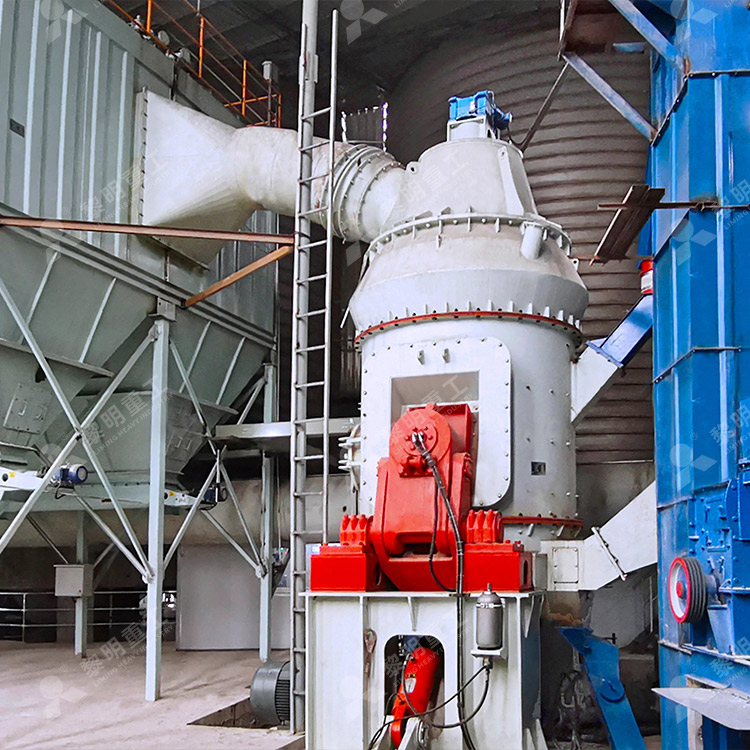When considering the purchase of a 300-mesh calcium carbide slag grinding mill, it is essential to evaluate not only the initial equipment cost but also the long-term operational efficiency, maintenance requirements, and overall return on investment. A 300-mesh grinding mill is designed to process calcium carbide slag into fine powder with a particle size of approximately 50 microns, which is widely used in industries such as construction, chemical production, and environmental protection. The quotation for such a mill depends on several factors, including capacity, technology, energy efficiency, and after-sales support.
The core of the grinding mill is its advanced grinding mechanism, which typically includes a high-pressure roller mill or ultrafine ball mill. These technologies ensure precise particle size control and uniform fineness, meeting the stringent requirements for 300-mesh powder. The mill is often equipped with a dynamic classifier system to optimize particle distribution and improve product quality. Additionally, the integration of energy-saving features, such as efficient motors and heat

recovery systems, reduces power consumption and operational costs, making the mill more economical in the long run.
The quotation will also reflect the mill's production capacity, which is typically measured in tons per hour (tph). Higher-capacity mills may have a higher upfront cost but offer greater efficiency and lower per-unit processing costs. Furthermore, the durability of the grinding mill, including the use of wear-resistant materials for critical components, ensures a longer lifespan and reduces maintenance expenses.
After-sales services, such as installation support, operator training, and maintenance packages, are also important considerations. A reliable supplier will provide comprehensive support to ensure smooth operation and minimize downtime.
In conclusion, the quotation for a 300-mesh calcium carbide slag grinding mill should be evaluated based on its technological advancements, energy efficiency, production capacity, and after-sales services. Investing in a high-quality mill not only ensures optimal performance but also delivers significant cost savings over its lifecycle, making it a valuable asset for industrial applications.





